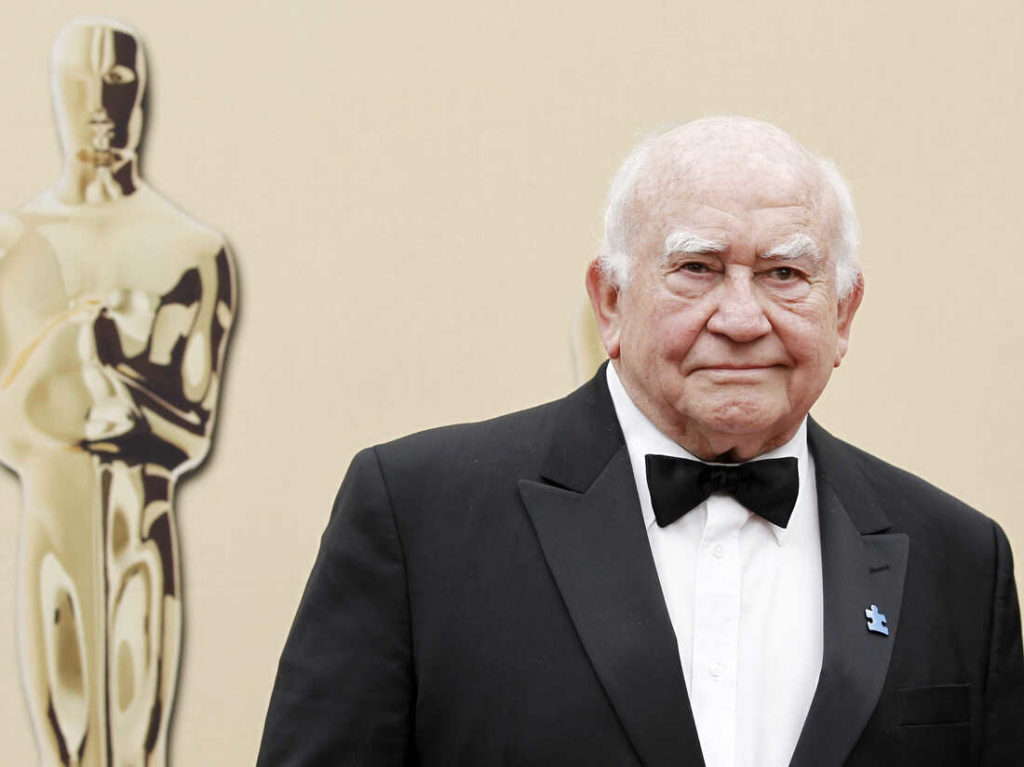Ed Asner

We lost Ed Asner a couple of days ago. John Nichols reminds us that not only was he an iconic actor, but also a great socialist with a huge heart.
A self-proclaimed “old-time lefty,” he proudly embraced the label “socialist” at a time when many of the most radical people in public life avoided it. In the 1970s, as author and activist Michael Harrington led the Democratic Socialist Organizing Committee, Asner was among the early supporters of the group—along with US Representative Ron Dellums, feminist Gloria Steinem, and International Association of Machinists president William Winpisinger. When DSOC merged with the New America Movement to form Democratic Socialists of America, Asner became not just a member but an enthusiastic advocate for the organization, penning fundraising appeals.
There was a time, before Bernie Sanders ever thought about running for the presidency, and before Alexandria Ocasio-Cortez was born, when Asner was arguably the best-known democratic socialist in the United States. As an instantly identifiable celebrity, with an image as a no-frills newsman with a big heart, he used his prominence to define the word for generations of Americans who rarely heard it mentioned in a positive light. “Socialist means a thing that will curb the excesses of capitalism: the increasing wealth of the rich and decreasing wealth of the poor,” Asner explained. “I’d like to see a national guarantee of health, a national guarantee of education (through college), fair housing, and sufficient food.”
At the peak of his fame, Asner ramped up his activism. When Lou Grant was one of the best-rated shows on TV in 1981, he ran for and was elected as president of the Screen Actors Guild. Under his leadership, the union took militant stances in defense of its own members and in solidarity with the broader labor movement. “There have been few actors of Ed Asner’s prominence who risked their status to fight for social causes the way Ed did,” said current SAG-AFTRA President Gabrielle Carteris. “He fought passionately for his fellow actors, both before, during, and after his SAG presidency. But his concern did not stop with performers. He fought for victims of poverty, violence, war, and legal and social injustice, both in the United States and around the globe.”
With a top-rated TV show, and as the head of a major union in the first year of Ronald Reagan’s right-wing presidency, Asner emerged as one of the country’s most outspoken critics of the new president, a former actor who had himself served as SAG president during the “red scare” era of the 1950s. When Reagan fired striking members of the Professional Air Traffic Controllers Organization, Asner joined their picket line in Los Angeles. A former GM assembly-line worker, he preached an old-school gospel of labor solidarity, telling members, “Our union is our bill of rights.”
Asner’s battles with Reagan became legendary. “I was brought up believing that the presidency was a very honorable office,” Asner said in 1985. “I would prefer being able to trust the guy. But I can’t and I don’t.” That was especially the case when it came to foreign policy. Asner was an outspoken critic of apartheid in South Africa. And he came to be known as one of the most prominent foes of the Reagan administration’s support for right-wing regimes in Central America. Asner cofounded the group Medical Aid for El Salvador and was active with the Committee of Concern for Central America. When he and a group of actors and activists appeared outside the US State Department in February 1982 to announce that they had raised $25,000 to aid Salvadorans who were victimized by the regime, The Washington Post described Asner as “the most articulate and the most politically savvy” of the group.
Truly a model for cranky aging white lefitsts, such as the author of this post.


